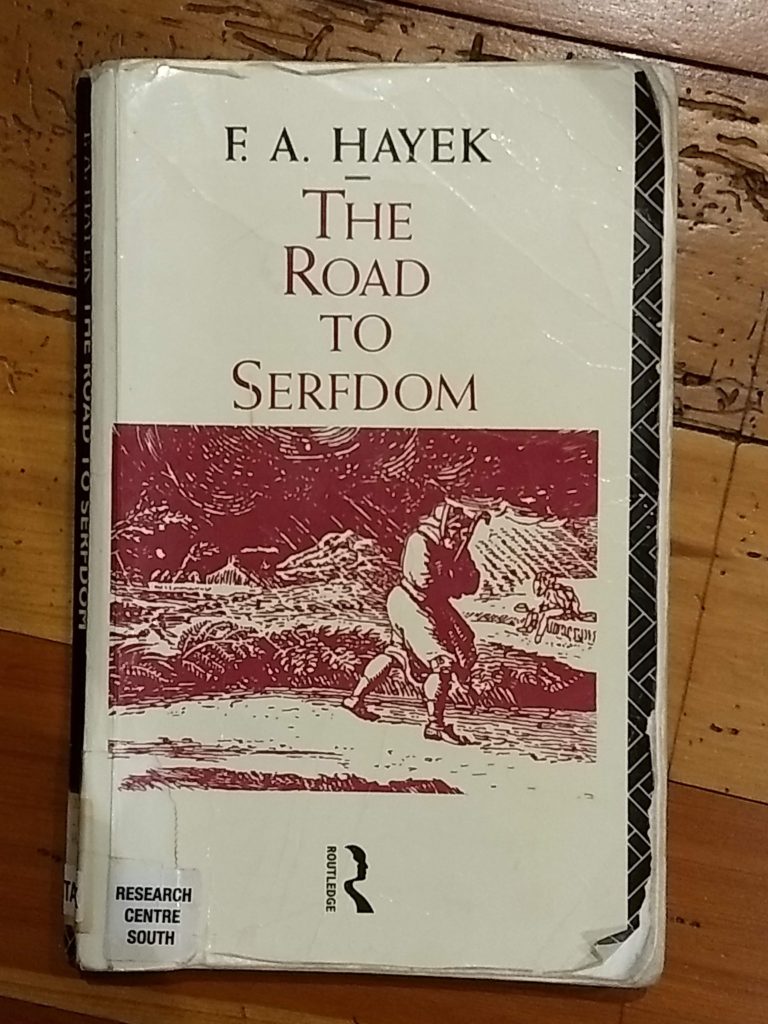 “Freddie” Hayek is, of course, famous for the epic rap battles between him and his arch-nemesis, the maverick economist and Bloomsbury groupie John Maynard Keynes. Keynes may have been more charismatic, but Hayek had the edge in writing. The Road to Serfdom is a compelling and passionate defence of free-market economics and is much more readable than Keynes’s dense The General Theory of Employment, Interest and Money. Even the title is snappier. (The General Theory wasn’t written for a popular audience, though — Essays in Persuasion is a better read, although maybe less influential.)
“Freddie” Hayek is, of course, famous for the epic rap battles between him and his arch-nemesis, the maverick economist and Bloomsbury groupie John Maynard Keynes. Keynes may have been more charismatic, but Hayek had the edge in writing. The Road to Serfdom is a compelling and passionate defence of free-market economics and is much more readable than Keynes’s dense The General Theory of Employment, Interest and Money. Even the title is snappier. (The General Theory wasn’t written for a popular audience, though — Essays in Persuasion is a better read, although maybe less influential.)
Hayek does come across as a bit of a Cassandra, terrified that a bit of well-meaning socialism is just the first step on the slippery slope to fascism, totalitarianism and, well, serfdom. The shrillness of his warnings is explained by the context: he was writing during the second world war, and saw echoes in contemporary American society of Germany in the interwar years. He grew up in Austria before living and working in the USA and England, so he was well-placed for this comparison.
Continue reading →

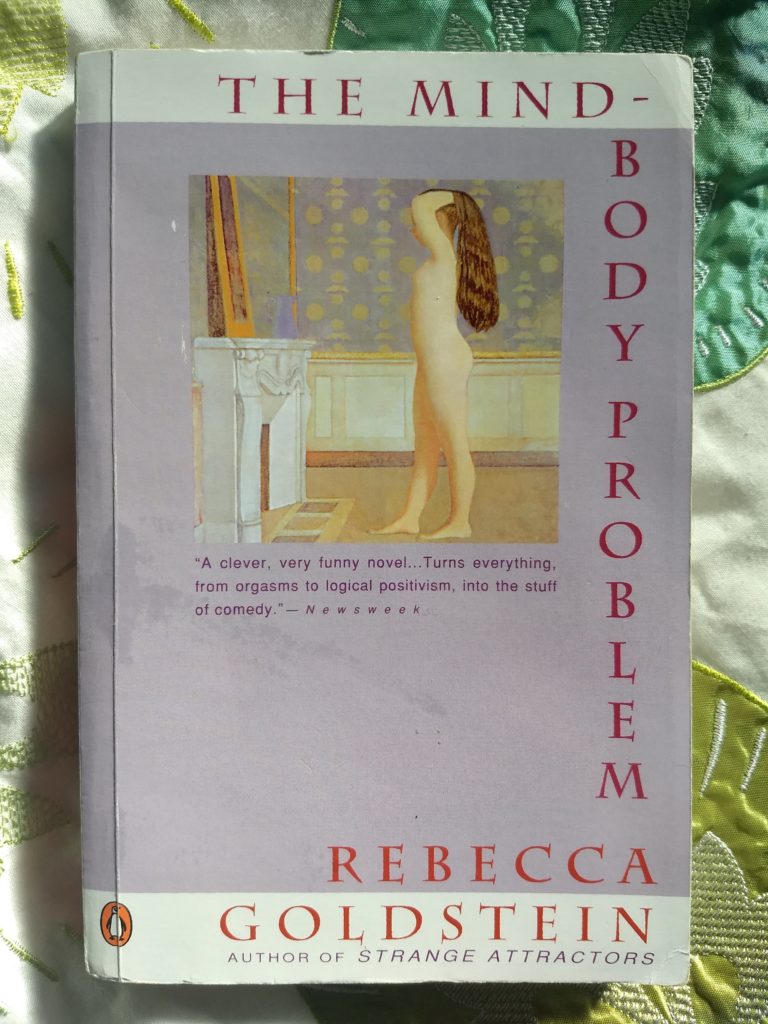 If you don’t already know a lot about the history of philosophy, you will by the time you’ve finished this book. If you do, then you’ll recognise a lot of it. Like Goldstein’s more recent
If you don’t already know a lot about the history of philosophy, you will by the time you’ve finished this book. If you do, then you’ll recognise a lot of it. Like Goldstein’s more recent 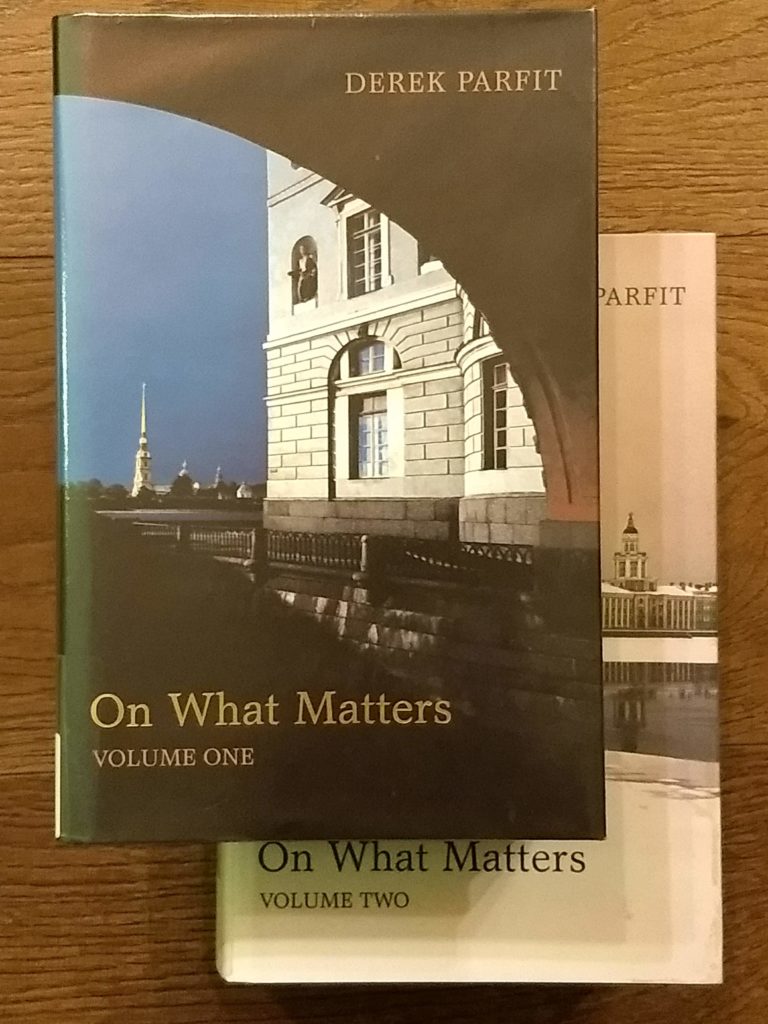 How should we live? And why does it matter?
How should we live? And why does it matter?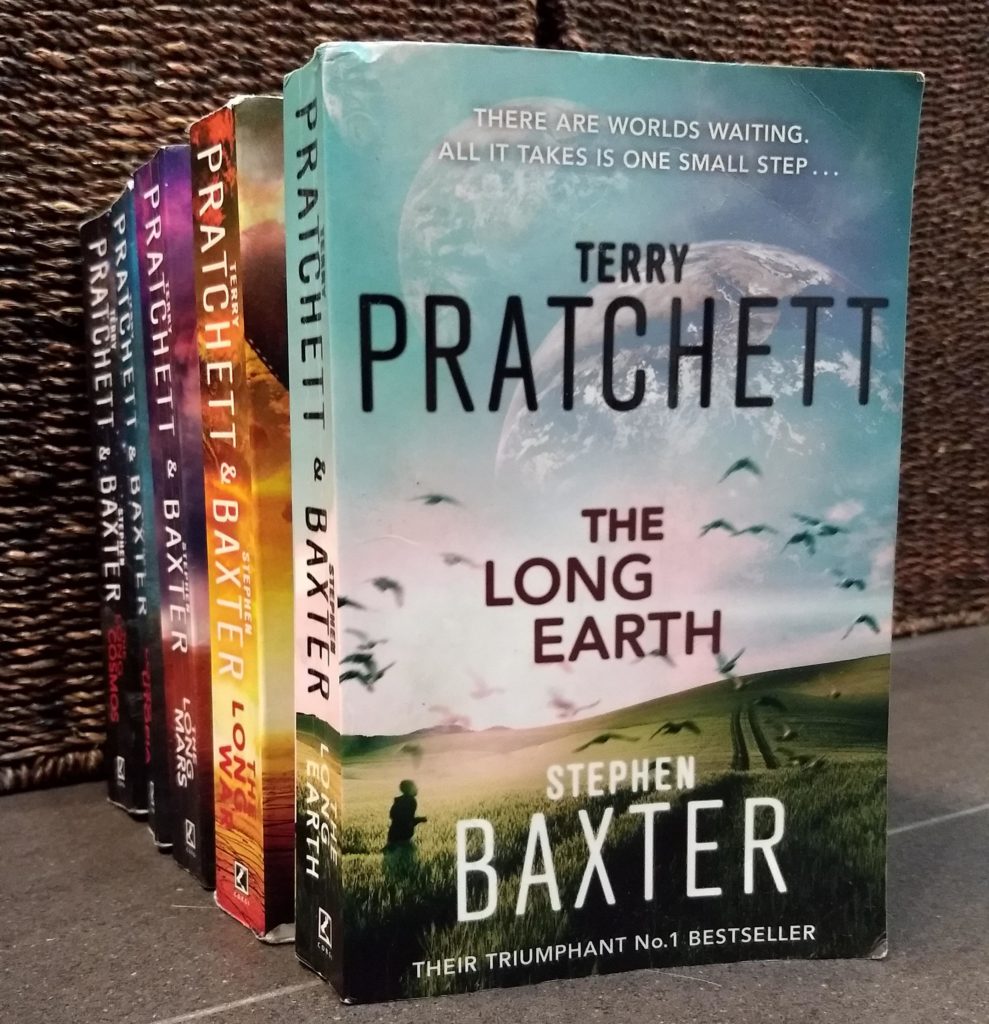

 I loved this book of short stories even though most of them don’t end especially happily. The stories are written in a variety of voices, but almost all concern young women navigating problematic relationships. (Some of the women are older; some stories focus on men; but relationships are a constant.) Reading each story feels like inhabiting the character. It’s fun to be in someone else’s skin for a few minutes.
I loved this book of short stories even though most of them don’t end especially happily. The stories are written in a variety of voices, but almost all concern young women navigating problematic relationships. (Some of the women are older; some stories focus on men; but relationships are a constant.) Reading each story feels like inhabiting the character. It’s fun to be in someone else’s skin for a few minutes.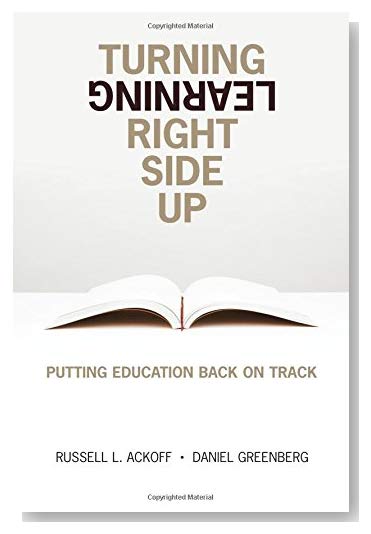 Standard education systems are broken: Turning Learning Right Side Up points towards a way of fixing them. It argues that the current system of education was designed for purposes that no longer make sense. (Ken Robinson’s TED talk
Standard education systems are broken: Turning Learning Right Side Up points towards a way of fixing them. It argues that the current system of education was designed for purposes that no longer make sense. (Ken Robinson’s TED talk 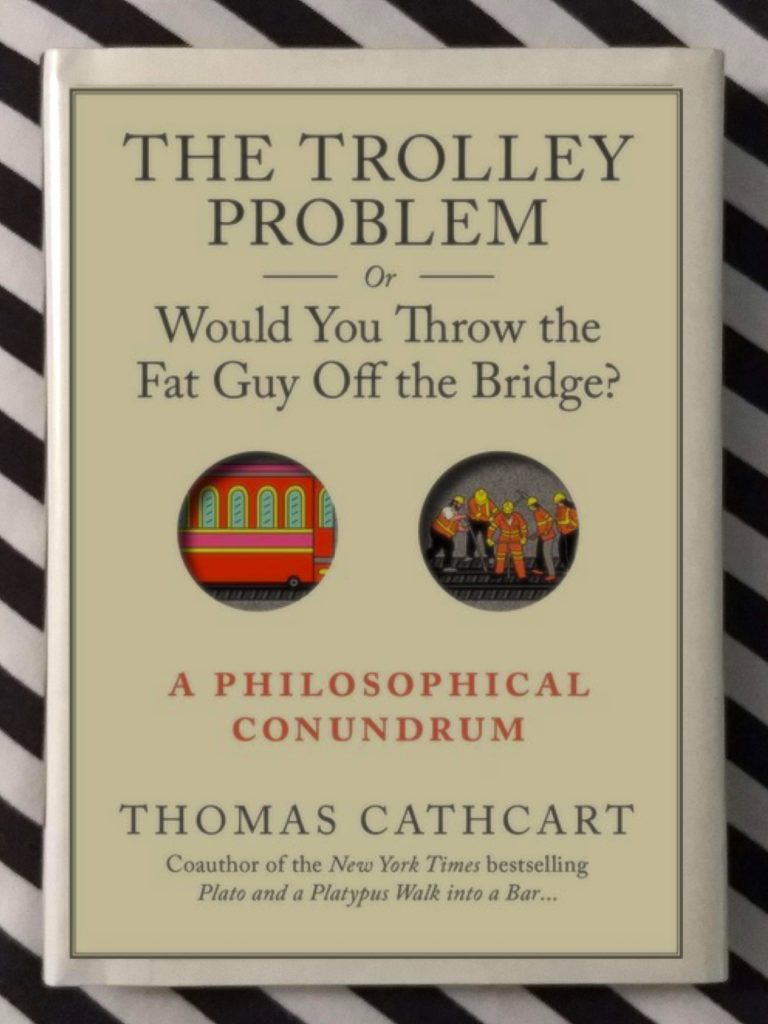
 “Freddie” Hayek is, of course, famous for the
“Freddie” Hayek is, of course, famous for the 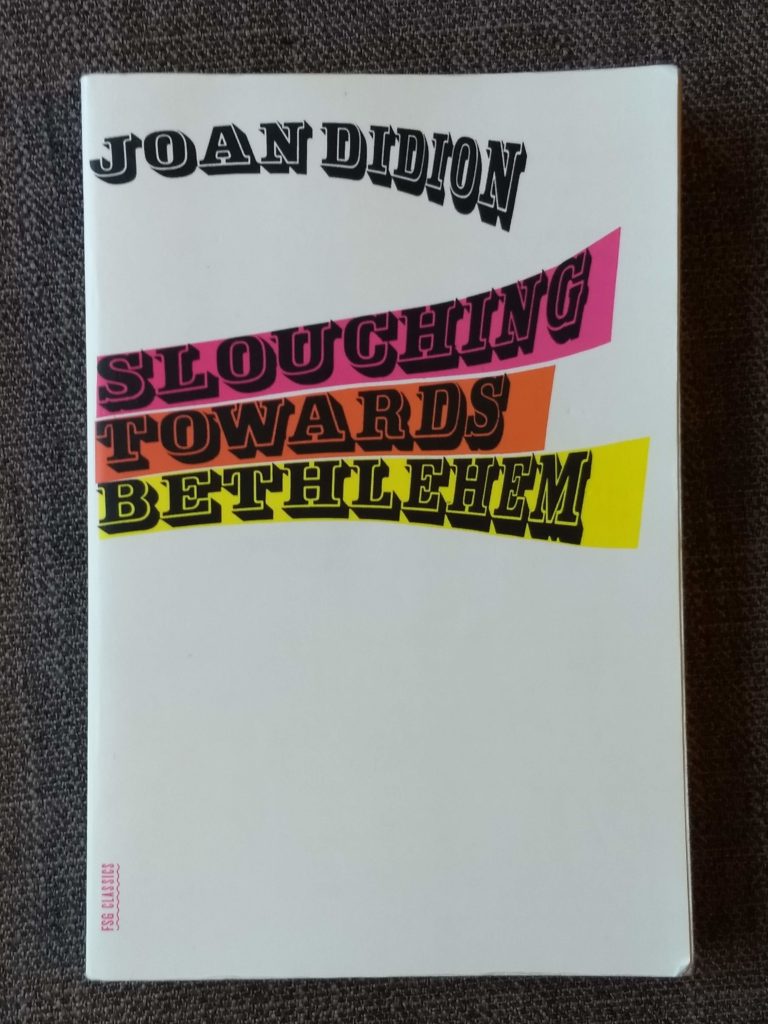 This classic book of essays is divided into three parts. The first part covers California in the 1960s. This makes the sixties seem just as crazy as their reputation — Didion lived through some turbulent times back then so I’m glad she wrote it all down for us to read about. The third part of the book is more varied as she writes about various other places from different viewpoints.
This classic book of essays is divided into three parts. The first part covers California in the 1960s. This makes the sixties seem just as crazy as their reputation — Didion lived through some turbulent times back then so I’m glad she wrote it all down for us to read about. The third part of the book is more varied as she writes about various other places from different viewpoints.